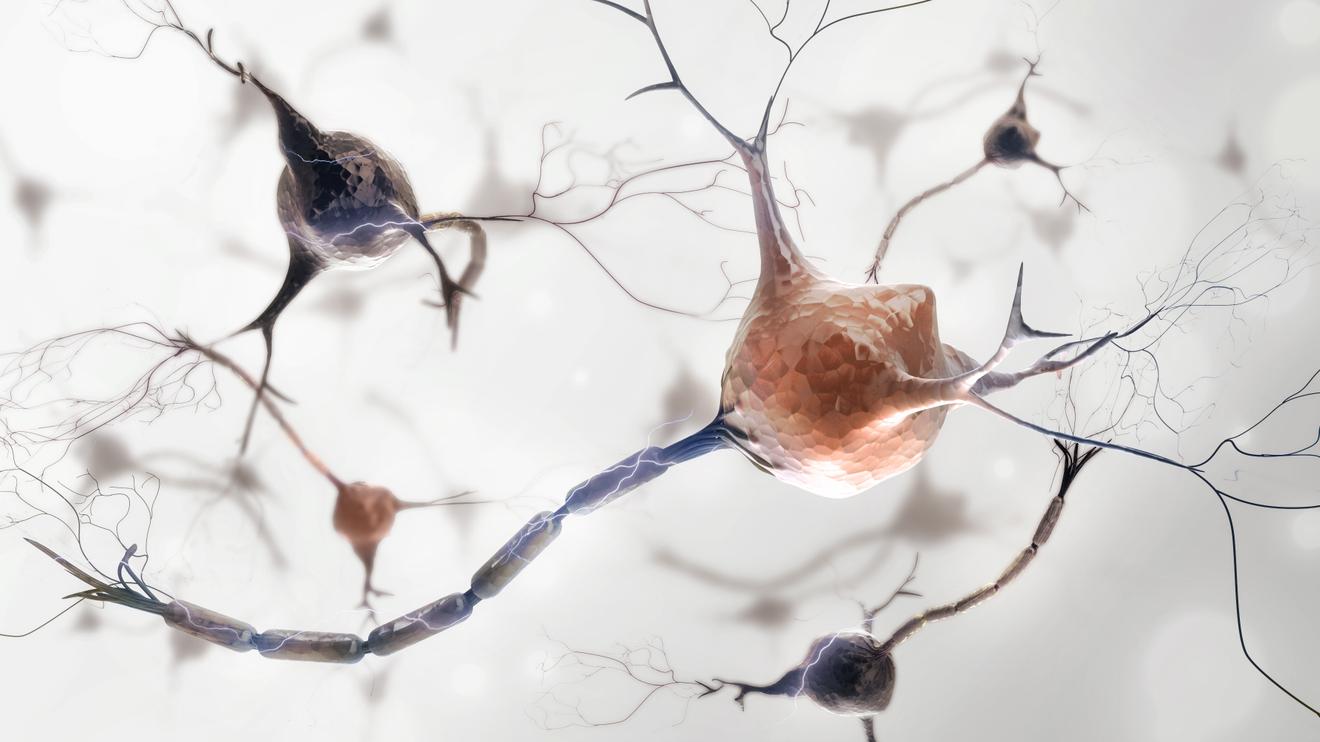Worldwide approximately 400,000 people suffer from ALS. Usually the disease is not hereditary, but in approximately two per cent of patients, it's caused by a mutation in the SOD1 gene. This genetic deviation leads to a toxic accumulation of SOD1 proteins that cause motor nerve cells to die off.
Gene therapy
A couple of years ago, researchers developed a new treatment for the patient group with a SOD1 mutation based on gene therapy. The drug tofersen binds itslef on the genetic material and as a result blocks the production of the harmful SOD1 protein.
The first clinical trials in a small amount of patients were already promising, but recently the results of a larger phase 3 trial were announced. Worldwide more than a hundred patients participated in the trial. They were either given treatment with tofersen, or with a placebo as a check and were monitored for a year. Various tests measured the functional impairment they experienced as a result of ALS.
Prof. dr. Philip Van Damme, neurologist and ALS-expert at UZ Leuven, collaborated on the trial: “Especially for patients that were able to start the treatment early on in the disease progression, the response was sometimes spectacular: for some the disease progression stopped completely and even regained some muscle strength. Patients that started the treatment later on, found that the disease's progression slowed down.”
Mile stone for ALS
The promising results of tofersen are regarded as a milestone in the field of ALS. “For the first time there is a treatment that can stop the disease in its tracks. This proves that, in principle, ALS is a treatable disease, as long as we know enough about its causes and disease mechanisms”, professor Van Damme says.
This proves that, in principle, ALS is a treatable diseaseProf. dr. Philip Van Damme, neurologist at UZ Leuven
Adverse effects and further research
A disadvantage of the current treatment is that tofersen needs to be administered every month through a lumbar punction. As a result some patients develop serious adverse effects. “Luckily we did not see any serious side effects in the UZ Leuven patients, but in the future we hope to be able to administer the drug in another way. E.g. there is an ongoing trial that is looking into suppressing the SOD1 gene with viral vectors, with a one-time only injection.”
All patients involved in the trial, also the ones in the placebo group, can now get the drug tofersen and continue to be followed up. For new patients with a SOD1 mutation a programme is being set up giving them early access to the drug. In addition researchers are looking at whether tofersen can ward off the outbreak of the disease in still healthy carriers of the SOD1 mutation.
More information
ALS (amyotrophic lateral sclerosis) is a lethal disease characterised by a gradual decline of the motor nerve cells. As time passes, mucles stop working properly. Patients will experience muscle weakness, paralysis symptoms as well as difficulty chewing, swallowing and speaking.
- Read more about ALS (in Dutch) and the ungoing clinical trials at UZ Leuven (in Dutch).
The trial was sponsored by Biogen, producer of the drug tofersen.

